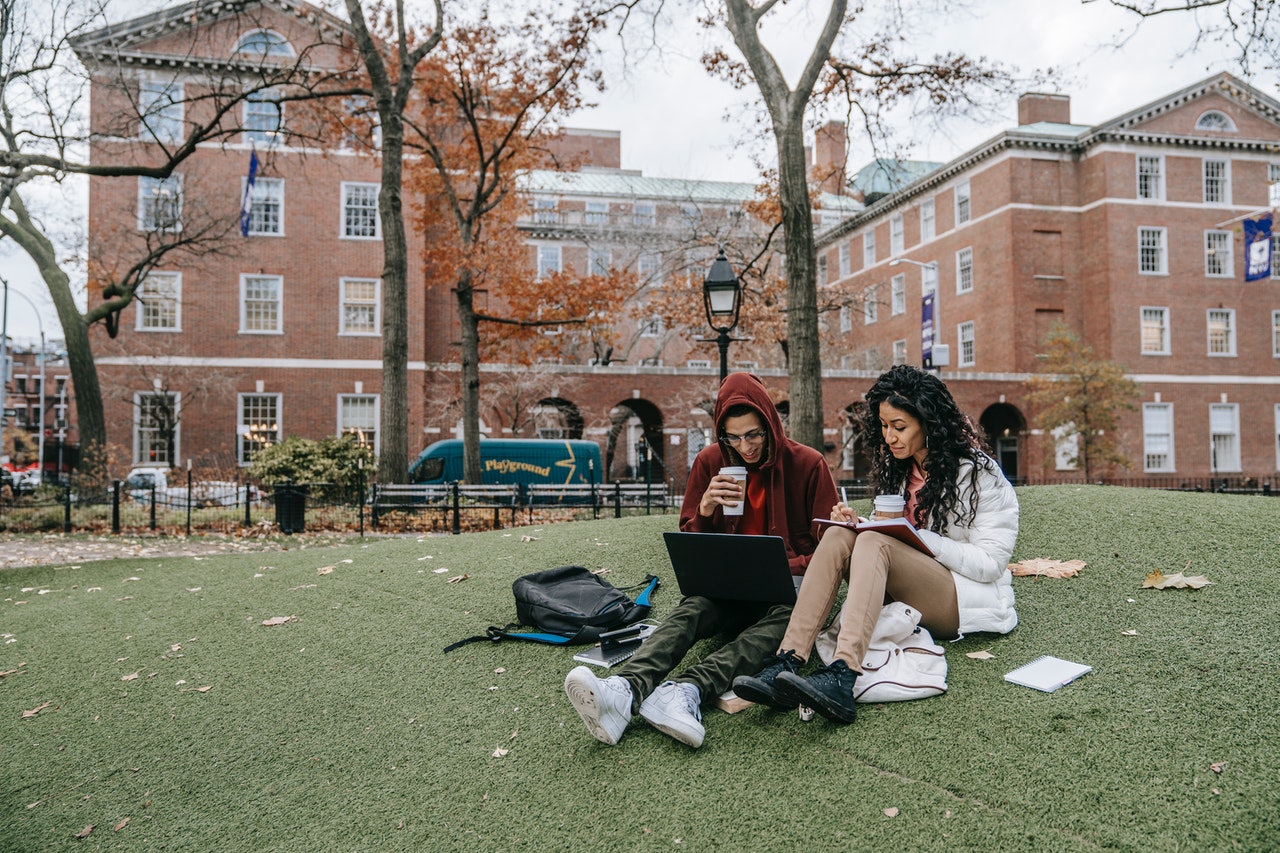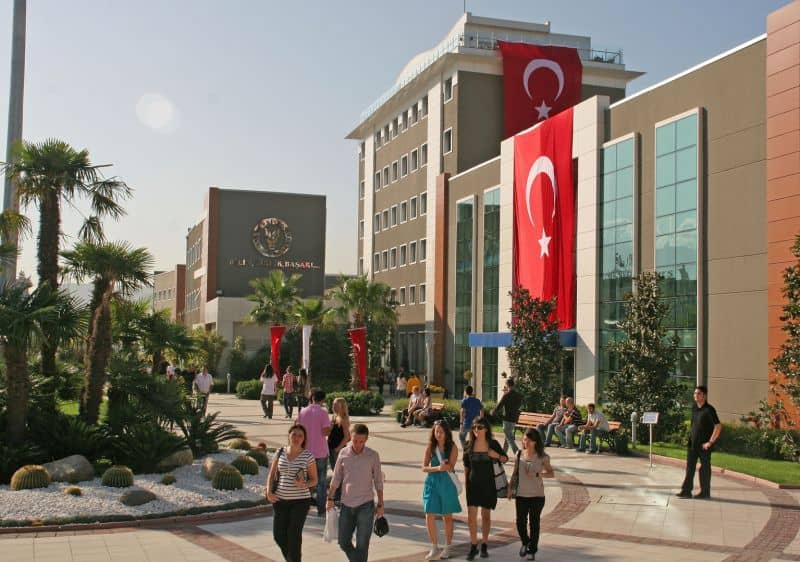

Study in Turkey
GDP
$ 794.4 billion (20th)
Population
83.4 million
Language
Turkish
Capital
Ankara
Currency
Turkish lira ₺
Temperature
-8° C to 36.1° C
- Why Study in Turkey
- Accommodation
- Student Visa Process
- Post Admission
- Top Universities
- Top Courses
- FAQ
Why Study in Turkey
Holding a unique geographical position, Turkey lies partially in Asia and partly in Europe. Its land area is greater than that of any European state. Ankara is the capital of the country and is the largest city in Turkey. The country is well-known for its quality trade products like silk and spices. Founded by Mustafa Kemal Ataturk in 1923, Turkey is well-developed into a modern and democratic state. Known for its diversified cultures, beliefs, ideas, nature, and history, the country is the life support to around 70 million people. The fascinating country is also popular for its affluent and diversified handicrafts, cuisine, music, customs, and traditions. As of now, Turkey has more than 350,000 international students from 110 countries which makes it one of the best destinations to study abroad for international students.
Let us dive into some well-known reasons why Turkey must be a chosen destination for pursuing higher studies.
Universal Acclamation

Turkey is among the topmost countries that has accommodated most of the foreign students from across the world. As per the UNESCO data, Turkey takes the 10th spot in accommodating maximum international students in the world. On a global front, Turkey is known to become one of the most important destinations for pursuing higher education. Also, Turkish universities offer scholarships to foreign students through the Presidency for Turks Abroad and RElated Communities, Council of higher Education, Turkey’s Religious Affairs Directorate Foundation, as well as other government institutions. The international students are given a great support through these scholarships and also enables a positive atmosphere on campus for the students.
Perfect Student Ambiance
Turkey offers a befitting study environment to the students seeking higher education from the country. Known as one of the top destinations that has the best of the Universities, the country has a supportive ecosystem that fosters Educational development for young aspirants. Besides, each university promotes social and cultural activities that enhance strong student collaborations between various universities. The nation always gives a warm and courteous welcome to the international students.
Diverse Universities with Unique Programs
With around 58,092 distinctive programs from 200 plus universities across the country offering various courses like mba in Turkey, mbbs in turkey, etc, international students are privileged to have the widest choices. At present, Turkey is the first nation to have the highest number of students from Europe and the total has risen to 8 mn including those from other countries. The Universities now are embedded with diversified groups of students speaking different languages and practicing a variety of cultures.
Higher Educational Opportunities
The diploma degrees of Turkey are highly valued across the European nations. The students who come to study in Turkey in any of the Turkish University gain an edge over their peers to get an easy entry into any European universities for further educational programs like MBA in Turkey or MBBS in Turkey and many more such courses by following the European Education Law. Turkey actively participates in Erasmus+ Exchange programs and hence it attracts the highest number of international students to pursue their further education from other countries.

Flourishing Economy
Turkey holds the second position in the world in terms of accessing higher education. Being the 18th biggest economy in the world, economists and politicians define Turkey as one of the world’s newest industrialized countries. With a strong reputation among the G-20 member countries, Turkey surges the world politics . Being one of the fast growing economies, Turkey is set to become the 5th largest economy in the world by 2030, according to Goldman Sachs reports.
Accommodation (Cost of living expenses)
Food
All the universities offer a gamut of food options at reasonable prices on the campus. From Turkish traditional foods, Bistros, cafeterias, and eateries, a range of cuisines and food varieties are available for the students. The cafeteria of many universities and colleges provides 3 meals a day at affordable rates.
Below are some average prices for food products in Turkey:
- 1 loaf of bread - 0.30 EUR
- 1 liter of milk: 0.58 EUR
- 12 eggs: 1.23 EUR
- 1 kg of white cheese : 4.48 EUR
- 1 kg of apples : 0.65 EUR
- 1 meal at affordable restaurants 2.50 EUR
- 1 kebab menu : 2.85 - 3.40 EUR
Health
Turkey is blessed with a clean atmosphere and systematic civic amenities. The Universities have medical centers on their campus where students can have daily checkups. During emergencies, the medical staff is always available at your service. International students should possess a valid Health Insurance Policy as it helps them to get a residency occupancy permit. Also, in case of any illnesses or medical emergencies, the policy helps in procuring good discounts.
For getting private medical insurance on an average, 34-57 EUR per year is incurred.
Transportation
As an international student aspiring to study in Turkey, we understand your concerns concerning having convenient transportation facilities. Public transportation in Turkey is perfectly convenient, with buses, minibusses, and subways available all day long. The travel tickets are available at inexpensive rates, especially for international students. Post admission, students can issue bus cards that provide higher discounts to avail themselves of the daily travel within the city. Big cities like Istanbul, have 39 districts and all of them act as independent cities, with their municipality, bus systems, and independent civic bodies. Turkey provides one of the best living standards in terms of accommodation. As a student when you decide to study in Turkey, you will get to live one of the most inexpensive lifestyles as compared to other student destinations. Ranging from food, housing, shopping, to transportation, most of the essentials of living are available at affordable rates.
Easy Cost of Living
Various Universities here offer a range of accommodation packages and facilities that can match your student budget. There are government-owned dormitories that are cost-effective for international students. Students who come to study in Turkey can consult the University administration staff to know further details for acquiring affordable and suitable accommodation facilities.
- Taxi : 2.85 EUR within 5 km trip
- Bus/Metro: 0.20 – 0.40 EUR per ticket
Entertainment
Turkey has one of the liveliest entertainment lifestyles brimming with diverse events, festivals, tournaments, concerts, best-in-class restaurants, old folk music shows, and much more. The nightlife in Turkey is a blast with the best nightclubs and famous sira nights in the eastern group of cities.
In summers, coastal regions celebrate a range of festivals. Some of the famous coasts provide amazing leisure time amenities such as movies and concerts in the ancient ruins of the region. Also, the students can get the joy of amazing century-old traditional Sira nights organized in the eastern cities of Turkey.
Apart from the above mentioned costs of living, below other expenditures are incurred on monthly basis:
| Expenditure | Average Cost Per Month |
| University Dormintories | Varies From University |
| State Dormitories | 24-38 EUR |
| Renting a Flat | 68-283 EUR |
| Meals | 0.30-1.15 EUR |
| Monthly Phone Bill | 6.50-11.50 EUR |
| Books & Study Materials | 80 EUR |
| Entertainment | 10-15 EUR |
Student Visa Process
If you are an international student planning to study in Turkey at medical school in Turkey or any engineering colleges in Turkey, it is very much likely to have a student visa. Except for students from the Northern Republic of Cyprus, parents living in Turkey with a work visa, or Blue Cardholders, the rest of the international students need a student visa.
To get your student visa for pursuing Higher Education in Turkey or any other such courses, you must apply in person at your nearest Turkish embassy or consulate in your home country. Before you enter Turkey, have your student visa.
Turkey Student Visa Process
The below steps are needed to be followed to get your Turkish student visa:
1. Get an acceptance letter from Turkish University
Apply for a visa once you receive an acceptance letter from a University in Turkey2. Take an appointment with your local consulate
Make your application in person from your nearest Turkish embassy or consulate. If possible, book an appointment online3. Finish your application and provide documents
While you attend your visa appointment you must complete and sign a visa application, submit it with the necessary documents (as listed below)4. Wait for the decision
The visa application process can take between 3 to 15 days. You can track the progress of your application on the Turkish consulate website
5. Apply for the residence permit
Soon after you arrive in Turkey, you will need to apply for a residence permit within one month.

Attend Your Visa Appointment
During your appointment at the Turkish consulate or embassy, you will need to attend a short interview with a consular officer. They will interrogate you with few questions on your plans and your reasons for your trip to Turkey with regards to getting admission to study in Turkey either at engineering colleges in Turkey or at any medical school in Turkey or any such courses that you may want to pursue.
Depending on the interview, you shall get your visa. Hence, creating a good impression during the interview is essential. Make sure you carry all your documents when you go for the appointment. Missing a single document can make your application get rejected.
Turkish Student Visa Requirements
During your Turkey student visa application submission, you must provide the following documents:
- Your passport, valid for at least 90 days
- A completed and signed Turkish student visa application form
- 2 passport-size photos
- Letter of acceptance from your university, including the duration of your stay
- Proof of travel insurance for your entire stay in Turkey
- Proof of health insurance
- Proof of booked flight tickets to Turkey
- Evidence of sufficient financial resources to support your study and living in Turkey
- Visa processing fee, this can vary depending on your nationality
- Proof of accommodation in Turkey
- Previous education certificates or diplomas
Turkey student residence permit requirements
Students who come to study in Turkey, to stay in Turkey for beyond 90 days, apart from your student visa, you must apply for a residence permit at the Provincial Directorate of Migration Administration.
For that you need the following documents:
- Application form
- Passport, including photocopies and your student visa
- Proof of your university place
- Four passport size photographs
You must note here that your residence permit is valid for just one year. However, you can renew your permit 60 days before it expires by visiting the local authorities and finishing the renewal application form.
Work Opportunities (Post Admission)
Scope of Work/Employment
Students should regularly check the notice boards for the available job opportunities. For example,
- International students are allowed to work at the university’s cafeteria, library, administrative department, or in the sports arena
- They also get the benefit of outside opportunities like at amusement parks, malls, showrooms, restaurants, gas stations, or get part work from home jobs, etc.
- Besides, various other opportunities such as Graphic Designer, Customer service agent, or an Athlete, and similar jobs can be availed
Turkish Average Salaries

Language Expertise
Jobs Post Study for International Students
At present, Turkish organizations are open to international graduates. Any international graduate in Turkey can now search for good jobs on the internet. Some of the most available jobs are as below:
-
Journalism Jobs
Some of the large international organizations or press agencies hire foreigners in any one of their branches located anywhere in Turkey if the students have pursued courses from any medical school in Turkey or at engineering colleges in Turkey or any management courses. Various journalism jobs are also available to many eligible candidates. For example, at Turkish Daily News, Zaman or other such newspapers available in foreign languages
-
Tourism Jobs
Turkish tourism caters to a wide range of job opportunities for international graduates. However, there are numerous tourism summer jobs for part-time students. The foreign employee in tourism needs to work for long working hours throughout the week and during the peak season.
-
Qualified Professionals
Well-qualified and competent professionals like doctors, engineers, IT experts, and business graduates can get jobs easily. However, at the managerial level, there are several opportunities.
Work Permit Process To Stay Back Post Education
- International students getting admissions in degree programs from Turkish universities may hired provided they have legal work permit
- International students studying the two-year degree course or undergraduate study program can now apply for a work permit after completing their first year. These students can now work part-time. This restriction, however, does not apply to postgraduate students enrolled in formal education programs.
- Such Work permits granted to international students will not affect a valid student residence permit.
- International students enrolling in vocational training programs with an employer lies under the work permit legislation.
- Students studying under the scope of the European Union Education and Youth Programs are exempted from work permits.
- Foreigners who are exempted from a work permit in other international may work or be employed without a work permit.
Top Universities in Turkey

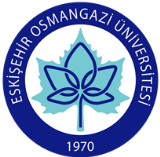
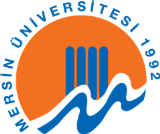
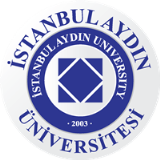







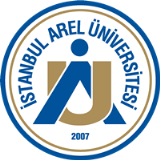

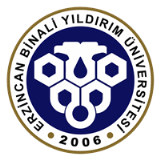
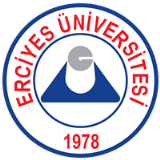
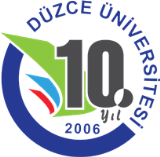
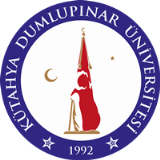

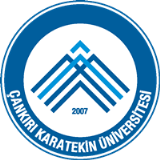
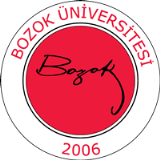

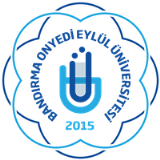
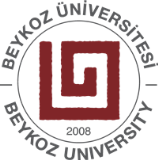

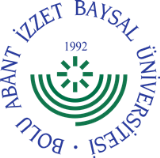
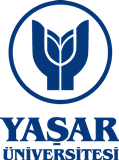
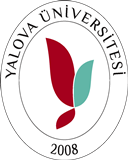
Top Courses
Before selecting your destination country, it is also important to research the top courses sought by international students in those countries. This is a really good indicator to understand why students who wish to study in Turkey, might choose to study certain courses in specific destinations. The main factors driving the favorable course choices for a study destination are the location, economy (GDP) and predominantly emerging job markets in that study destination. ApplyRobin with its years of experience and dealing with students from around the world has already listed the most preferred courses in Turkey
FAQs
1. How much does it cost to study in Turkey?
For any average international student in Turkey, the monthly spend shall range between 400-500 USD on accommodation, food, clothing, transportation, entertainment and telephone costs. Besides, books and administrative fees are approximately 100-150 USD per semester.
The cost of living in Turkey is quite inexpensive especially for the international students as they get special discounts on all the public amenities including shopping and books. All they need is a student card that they receive from their university. Besides, Turkey is a country that is known to provide outstanding support system to its international students.
2. Can international students work in Turkey?
Also, the students who finish their graduation courses are allowed to do a job or open their business. The Turkish government provides a 2 years temporary work permit to international students. Once they get the job, their employers can support them in issuing a work permit that shall help them to continue the job as long as their employer wishes to extend.
3. How much can a student earn in Turkey?
Also, it must be noted that international students who are graduates are legally permitted to work in Turkey only after they get a Student Residence Permit.
4. Can a student get a PR/Work Permit after study in Turkey?
Post graduation, Turkey offers 2 years temporary residence permit to international students. Within this time, they can search a suitable job or open their business, or purchase an apartment. If they get the job within 2 years, their employer can file a work permit for them. And thereafter, they can stay back as long as they have their job continuity. After 5 years of procuring work permit stay, they become eligible to apply for Turkish citizenship.
5. Can a student stay/settle in Turkey after study?
This is only possible if the students study in Turkey and have completed their graduation course. In this case, they get 2 years temporary residence permit. In this meantime, they can look for a suitable job or open their business. Once they get the job their employers shall support them to get the work permit. Soon they can stay back and continue their job. Post 5 years, they become eligible to apply for the Turkish citizenship.
6. Can I apply to Turkey without IELTS/TOEFL & SAT/GRE/GMAT?
Yes you can apply to Turkish universities without IELTS/SAT/GRE/GMAT. The educational institutions in Turkey accept TOEFL.Tests including IELTS/TOEFL/GRE/GMAT/SAT/MCAT are not considered compulsory during the time of enrolling for admission. However, those who pass these exams are given preferences in terms of giving Turkey Government scholarships other than those students who have not appeared for any such examinations.
7. What are the required documents to apply for admission to Turkey?
- Last year transcript and passing certificate of highschool (Min 11 years of high school education is necessary)
- Valid Passport for atleast 1 year from date of application.
- 1 Photo
- Valid Passport for atleast 1 year from date of application
- 1 photo
- CV (May be required by the University)
8. What is the process of Applyrobin?
Apply Robin provides a smooth and seamless student visa service. We have made the whole process hassle-free with exclusive student services. From application to departure at your desired study location, we make the students’ experience easy and memorable. Take a look at the below process:
- Student Counselling For University Selection
- Application Form Filling
- Documentation Support
- Follow-up With the University
- Making Payment to the University
- Get the Final Acceptance Letter
- Visa-Support
- Post Visa – Pre Departure Assistance
9. How much monthly budget should a student expect in Turkey?
As an international student who would come to pursue higher studies and courses like mba in turkey or mbbs in turkey, you can live in Turkey with an average budget of 400 to 650EUR per month. This is quite affordable as compared to other educational destinations of the world. Besides, depending on your lifestyle the average costs may go up and down based on spending habits.v
Admission Timeline/ Admission Process
Application Start
Dates
Application Start Dates
Applications for the majority of courses open in months of March/April in the same year before the course starts. For eg, for 2021 Sept/Oct intake, applications begin in March 2021. Also for 2021 Jan/Feb intake, applications begin from November 2021.Submission of
Application
Submission of Application
The application submission deadlines may differ for bachelor and master applications depending on university and course of study. The dates typically range from February-September for fall intake and October-December for spring intake.Application Result
Application Result
Applicants generally receive admissions results within a few days or weeks after applying. Admission decisions may sometimes be delayed depending upon the number of applicants for a specific course for Study in Turkey.Apply for Visa
Apply for Visa
The visa processing time for a student visa for study in Turkey is not extensive. It is best for applicants to have their VISA ready three months prior to registration date to prevent any last-minute problems or delayed visa. Click for Visa checklistAcademic session
Begins
Academic session Begins
The academic session for bachelors and masters in Turkey starts either Sept/Oct. However, there is another intake in Jan/Feb for master and PhD students.Latest from our blogs



